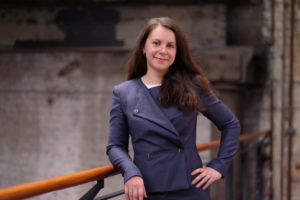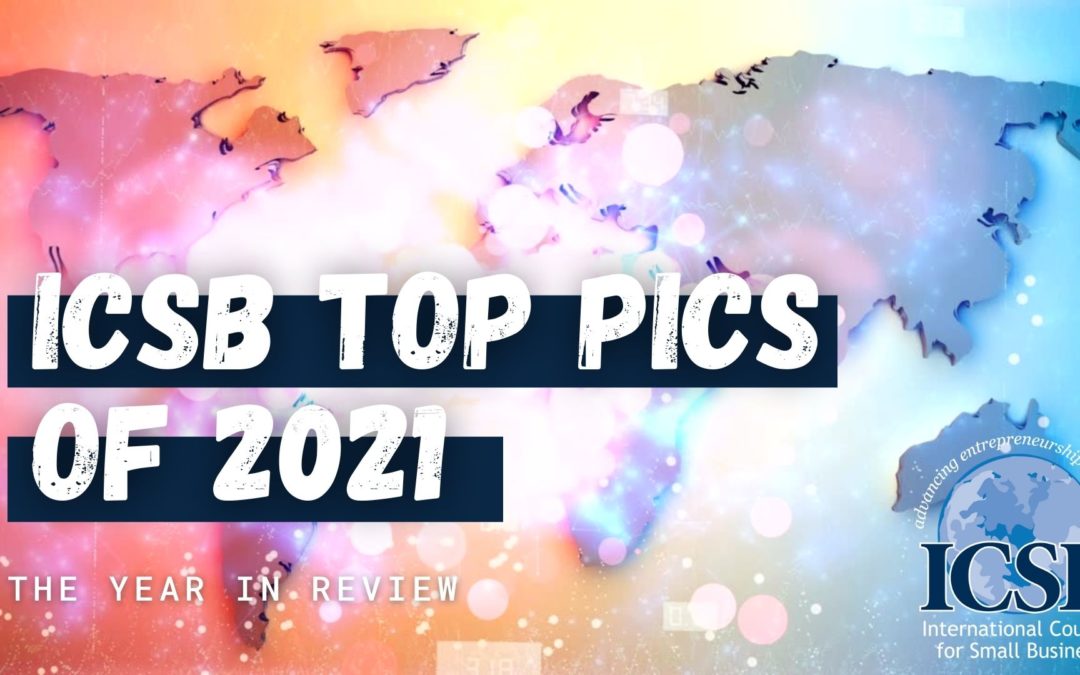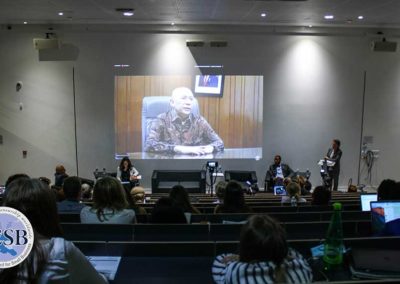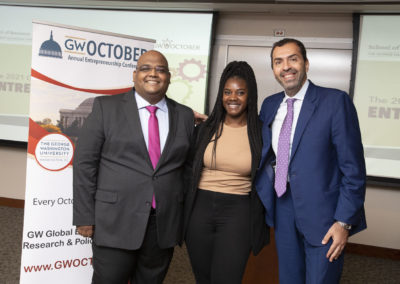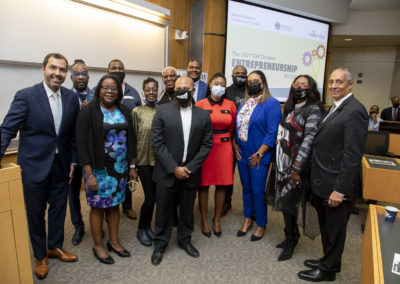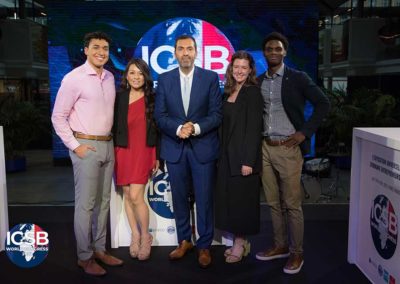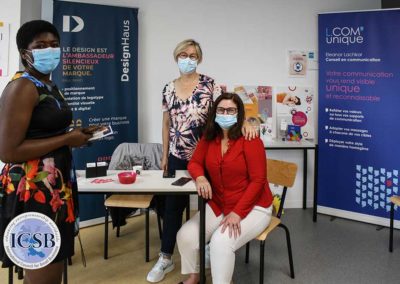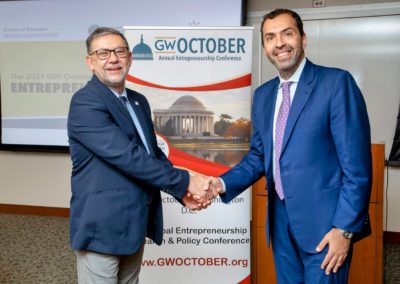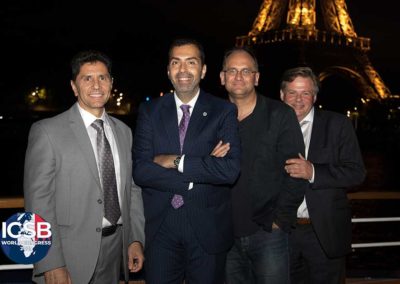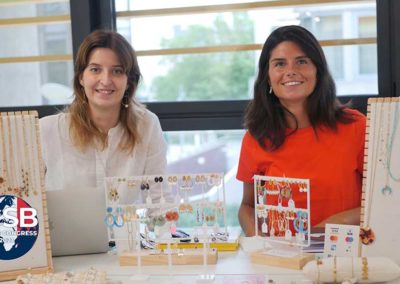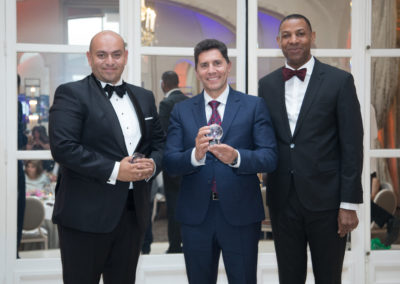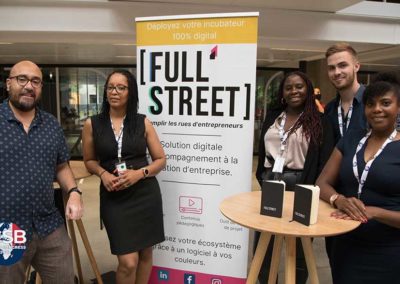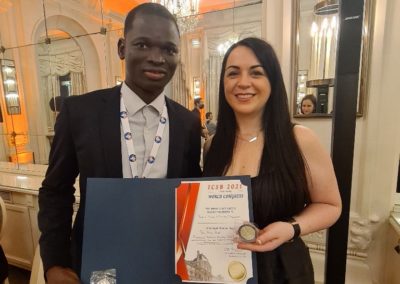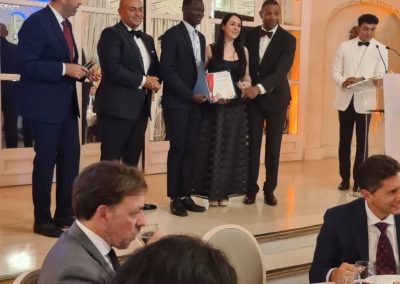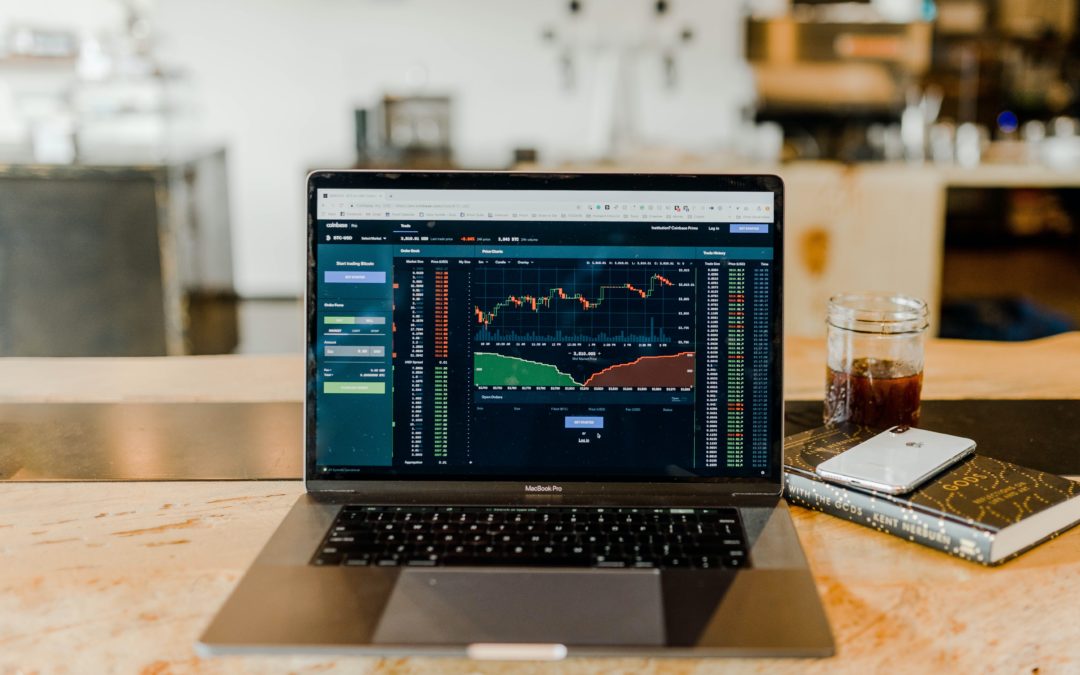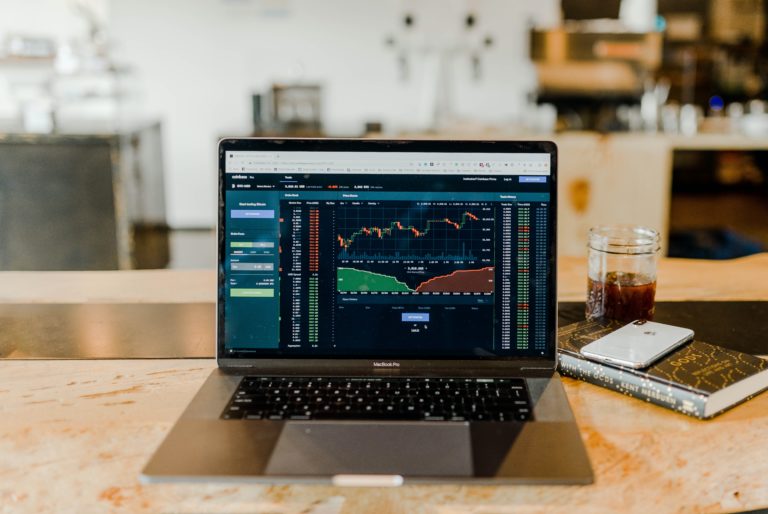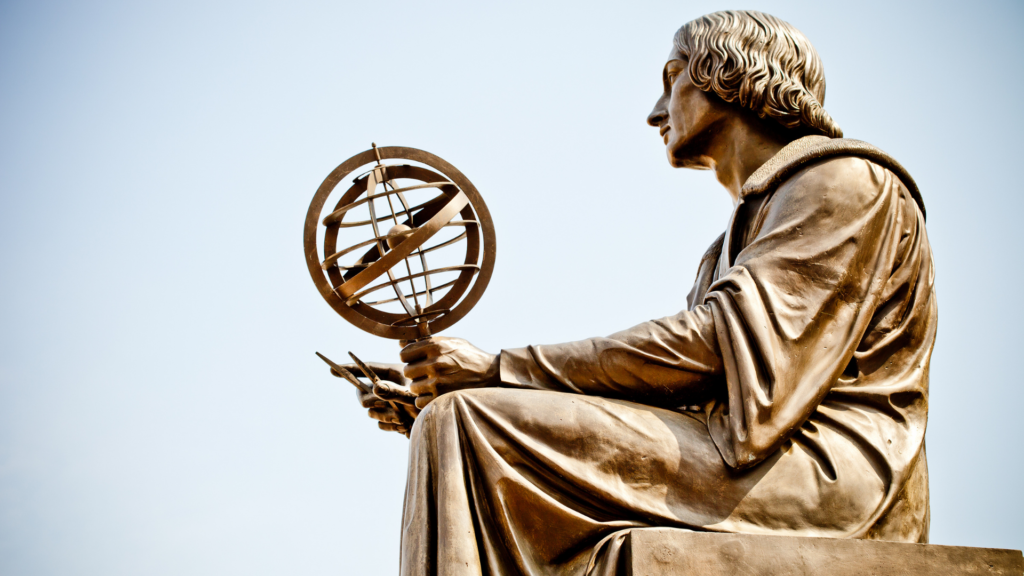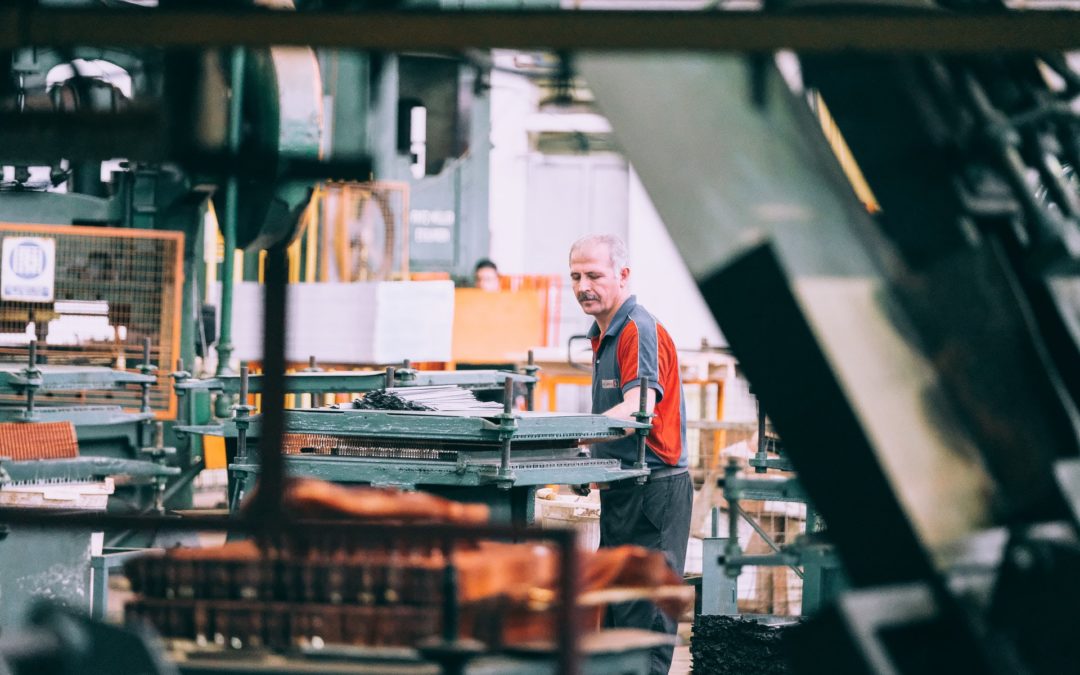
The Entrepreneurial Leopard
Jan 28, 2022 | Gazette
The Entrepreneurial Leopard
Friday, January 28, 2022, by David A Kirby

Professor David A Kirby
Used as a title for a recent essay in this ICSB series (Dana and Salamzadeh, 2022), the idiom “A leopard cannot change its spots” is thousands of years old. It means people and things cannot change their innate nature. But this is exactly what MSMEs will need to do.
Ever since the work of Cantillon (1680-1734 ) wealth creation and the generation of profit has been a central theme of entrepreneurship and in his articulate essay on the topic Friedman (1970) argued that “The Social Responsibility of Business is to increase its profits” – to make as much money as possible. Since then, this doctrine has dominated business thinking and while the entrepreneurial pursuit of wealth has brought about change and improvement, particularly in the world’s developed economies, often it has been at the expense of people and the planet. Accordingly, despite the introduction of such new approaches as ecopreneurship, humane entrepreneurship and social enterprise, entrepreneurship has had little impact on the sustainability challenge and may, indeed, be regarded as having contributed significantly to the plight of the planet. Hence, questions have been raised about its compatibility with sustainability (Gawel, 2012) and both academics and practitioners have been actively seeking new business models to address the challenge (Schaltegger, et. al. 2016).
The problem is that the planet is a system which means it is not possible to address one element without disturbing the other connected elements – solving one problem often creates other problems elsewhere in the system. To address the sustainability challenge, therefore, requires a systemic approach to entrepreneurship that integrates or harmonises the traditional economic, eco, humane and social approaches and brings profit, people and planet into harmony. (Kirby and el-Kaffass, 2021).
While this appears to contradict Friedman’s doctrine what he actually said was that the social responsibility of business is “to make as much money as possible while conforming to the basic rules of society, both those embedded in the law and these embedded in ethical custom”. Rarely, however, has this been articulated or acted upon, yet all of the major world religions address such ethical issues. Indeed in Islam, for example, the Quran explains explicitly how ethical business should be conducted while the Prophet MOHAMED pronounced that “The world is green and verdant and verily God, the exalted, has made you the stewards of it”.
To save the planet MSMEs will need to change. Profit and shareholder satisfaction will no longer be the primary objective. Rather a more blended, systemic approach that harmonises profit, people and planet is needed. The entrepreneurial leopard needs to change its spots!
References
Dana, L-P and Salamzadeh, A., (2022), A leopard never changes its spots! ICSB Entrepreneurship around the globe. 23 January. (news@icsb.org)
Friedman, M., (1970) The Social and Ethical Responsibility of Business is to increase its profits. New York Times. September 13. 122-126
Gawel, A. (2012). Entrepreneurship and sustainability: do they have anything in common? Poznan University of Economics Review. 12 (1) 5-16.
Kirby, D.A. and El-Kaffass, I., (2021), Harmonious Entrepreneurship – a new approach to the challenges of global sustainability. The World Journal of Entrepreneurship, Management and Sustainable Development. .17(4), 846-855. First online 12th July.(https://doi.org/10.1108/WJEMSD-09-2020-0126).
Schaltegger, S., Hansen, E.G., & Ludeke-Freund, F. (2016). Business Models for Sustainability: Origins, Present Research and Future Avenues. Organization & Environment. 29 (1) 3-10.





